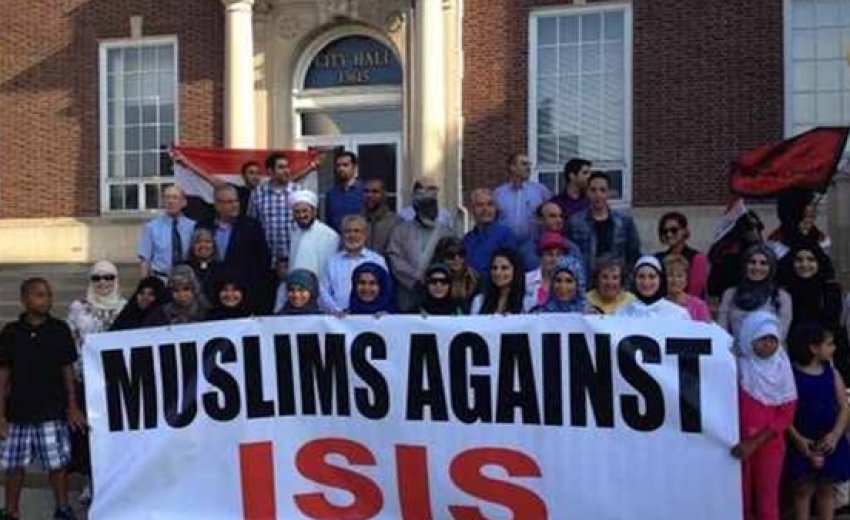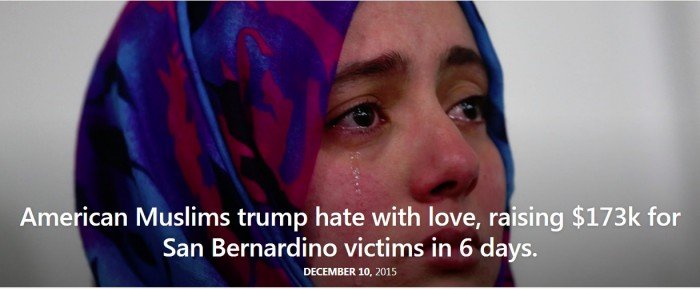
Responding to evil with good.
After the tragic terrorist attack in San Bernardino, there was a lot of talk.
Talk about all sorts of things — from people sending "thoughts and prayers" (and people questioning if that was enough) to debates on guns (and debates about debates on guns) to presidential candidates touting anti-Muslim rhetoric (and others criticizing said rhetoric). It seems social media has become a bottomless pit of people talking over each other.
As important as it is that we talk about how to prevent other attacks like the one in San Bernardino, and how to prevent people from buying weapons without background checks, and that we question how something like this happened in the first place, there's another conversation that needs to happen. And that's the question of who helps and how do we help the families of the victims and survivors pick the pieces of their lives back up in the wake of such life-changing tragedy.
Just one day after the shooting in San Bernardino, a group of Muslim Americans decided to have that conversation.
California-based neurologist and president of MiNDS Network Faisal Qazi along with Tarek El-Messidi, founder of CelebrateMercy, decided they would try to raise money to assist with the immediate needs of the victims' families.
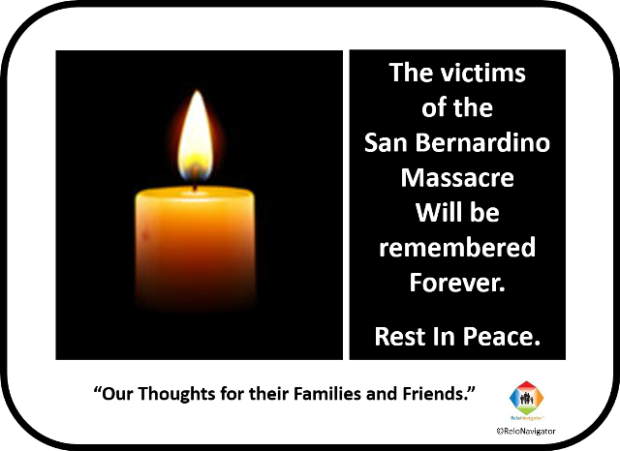
Qazi and El-Messidi created Muslims United for San Bernardino and started with a goal of raising $50,000.
Aaaaaand as of this writing, they've raised more than $173,000 from over 1,400 donors.
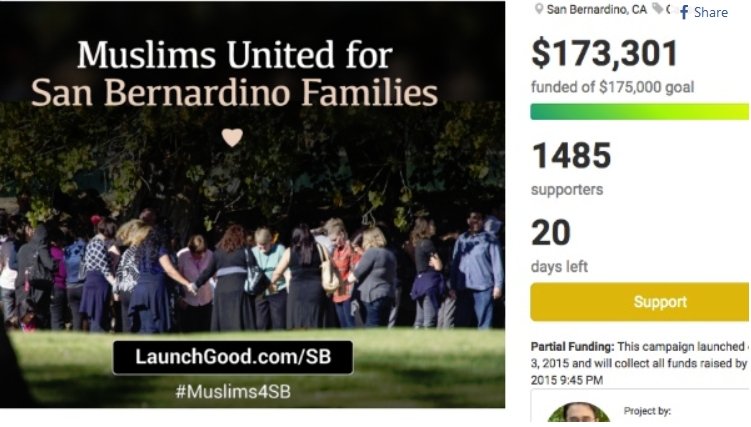
With 20 days left in the campaign, the numbers keep growing, and it's so heartwarming to see. More than 15 Muslim groups have endorsed the initiative so far, and with almost three weeks left to fundraise, who knows what that ending amount will be ... besides huge.
It'd be an admirable contribution from any group, but it is especially significant coming from Muslim Americans.
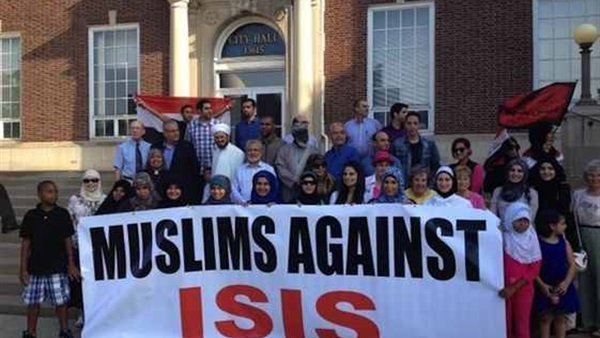
That isn't to say that Muslim Americans have a responsibility to prove they aren't terrorists or to defend their religion any more than Christians should have to in the wake of terrorist attacks carried out by extremist Christians.
“When the leading Republican presidential candidate can say, ‘Bar all Muslims coming to America’ and know he can get more support for it — it is truly frightening," Ibrahim Hooper, spokesman for the Council for American-Islamic Relations, told USA Today.
But between the Paris attacks, the mass shooting in San Bernardino, and politically driven Islamophobia being pushed by presidential candidates in the United States, verbal and physical attacks on Muslims are on the rise. A campaign like this helps those who buy into anti-Muslim rhetoric see that Muslim Americans are as patriotic and caring as Americans of any other religion.
"This united American Muslim campaign aims to reclaim our faith from extremists by responding to evil with good, by rebuilding what they destroy," El-Messidi said in a press release. "We wish to respond to evil with good, as our faith instructs us, and send a powerful message of compassion through action."
100% of the funds they raise will go to the families of the San Bernardino victims.
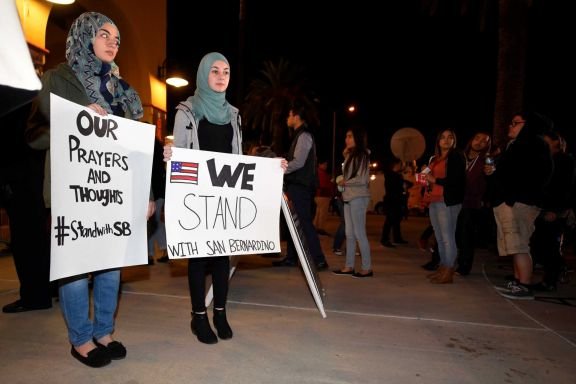
The funds will be disbursed through San Bernardino County and United Way to assist victims' families with funeral expenses and other needs, according to the Los Angeles Times.
No amount of money can bring back the loved ones lost. But it can, at least, help lift some of the financial and emotional burdens in the wake of such a deplorable tragedy, and that's what they're trying to do.
When terrorist attacks happen, it's easy to give in to feelings fear and division. This campaign shows that we will always be stronger when we are united together.
You don't have to share the same beliefs or religion to share the same values as someone else. As Qazi says:
![]() "We are hoping in this time of crises, those who are Muslim and those who are not will get to know each other. Dialogue is the only way to clear up this state of confusion and tension."
"We are hoping in this time of crises, those who are Muslim and those who are not will get to know each other. Dialogue is the only way to clear up this state of confusion and tension."
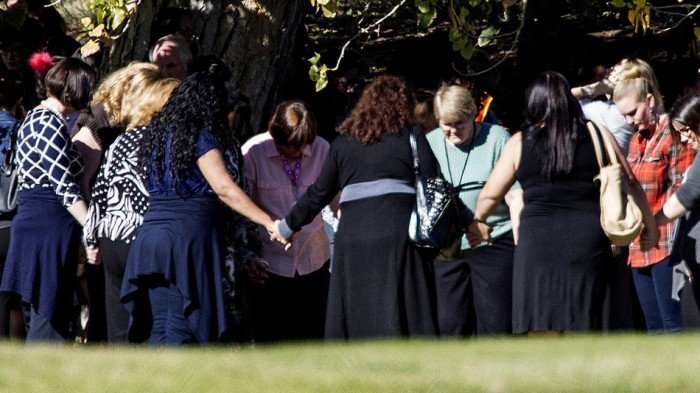 |
| mashable.com ~ Evacuated workers pray in a circle on the San Bernardino Golf Course across the street where a mass shooting occurred at the Inland Regional Center on ... |
He's so right. And it's a message we should all take with us wherever we go.
